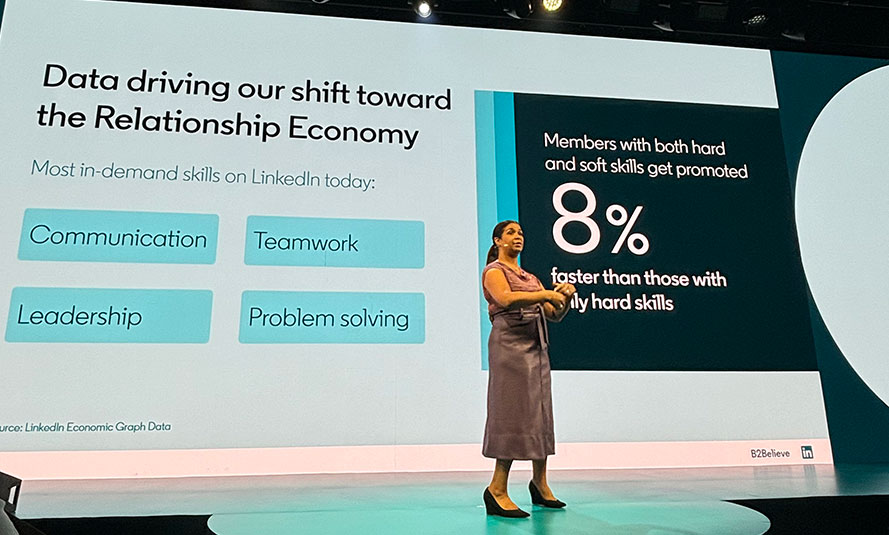Google isn’t getting rid of the third-party cookie after all. Here’s what you need to know:
- Google will no longer phase out third-party cookies in Chrome, shifting focus to giving users more control over their cookie settings
- Chrome users will see enhanced user control over their own web browsing and be able to choose whether to enable cookies and adjust their preferences anytime
- The move comes after publishers and regulators were critical of Google’s Privacy Sandbox, their proposed alternative to targeting and measurement for a post-cookie future
- Google will keep developing Privacy Sandbox APIs as alternatives to third-party cookies, aiming for privacy without compromising ad performance
- Google plans to introduce IP Protection in Chrome’s Incognito mode to further safeguard user privacy
- Google is in talks with regulators including the UK’s Competition and Markets Authority (CMA) and Information Commissioner’s Office (ICO), to discuss and implement this new strategy.
What it means for measurement
What does this all mean for advertisers? Chrome has a 51% share of the UK web browser market. So third-party cookies will remain a viable method of targeting and measurement for only around half of addressable UK consumers – as other major browsers Firefox and Safari have already taken steps to remove third-party cookie functionality.
Once Google’s enhanced ‘User Choice’ approach is launched, advertisers still relying on this technology for targeting and measurement will face even greater limitations.
Google may have cancelled plans to deprecate third-party cookies and effectively ‘re-in-house’ ad measurement. But this is unlikely to change the trajectory of industry trends, which for several years have been favouring econometric / statistical measurement methods such as marketing-mix models (MMM), enhanced with new machine learning tools.
The much heralded end of the third-party era was not the cause of this trend, just the catalyst. Google itself is catching up quickly, with their own MMM solution Meridian seeing a limited launch in March 2024.
For the foreseeable, it looks like Google wants to have its cookie and eat it too. Privacy Sandbox and cookie-enabled Chrome will continue as two, parallel, Google-owned ad solutions. Privacy Sandbox’s performance is slowly improving, recently reporting significant gains on key metrics like ad spend recovery and programmatic revenue recovery.
But there’s still a long way to go before Privacy Sandbox can match cookie-based solutions. And further questions remain here, with regulators already taking a dim view of the consolidation of ad serving and reporting that Privacy Sandbox represents for Google, who are not just the world’s main browser provider – but also its biggest advertising company.
What it means for targeting
As yet there are no direct replacements to cookie-based solutions. So our continued recommendation for targeting is to take a multi-pronged approach.
While third-party cookie tactics may still work and perform well for your campaigns, they are still overlooking half of the open web audience. Areas like contextual and ID-based solutions are reliable targeting strategies amidst the uncertainty of cookie deprecation that can also tap into fruitful audiences in Safari and Firefox.
These methods are becoming increasingly sophisticated and can now continue to complement cookie-based targeting.
What it means for the future…
The debate sparked by the prospect of the (now cancelled) cookieless future inspired marketers everywhere to take a look at their measurement approach. Cookies are a useful tool. But as part of a strategic 1PD-approach to measurement, building out and diversifying your measurement toolbox can get you what you really need: a holistic solution for measuring marketing effectiveness.
So should you go back to the pretend paradise of 2019 when you didn’t have to worry about these things? Of course not.
Google gave every organisation in the world a glimpse of what data autonomy looks like. There will always be huge value in developing your first-party data capacity.
Why get a ladder to look over someone else’s garden wall – when you can grow flowers in your own back yard?
Photo by blackieshoot on Unsplash





